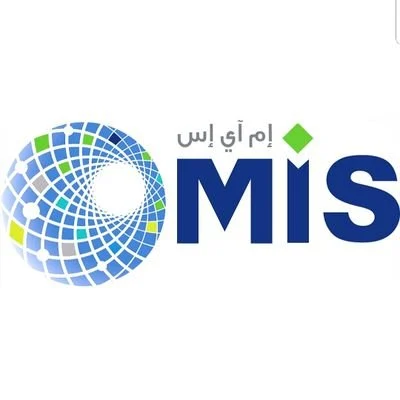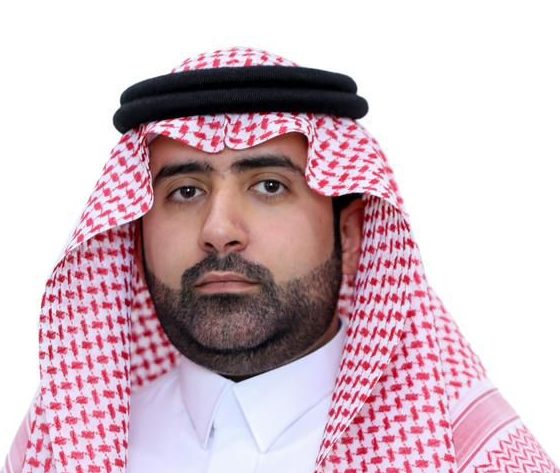Publisher: Maaal International Media Company
License: 465734
Saudi Arabia invests in 6 vital sectors to diversify and sustain the economy
The Kingdom continues its progress in implementing sectoral strategies, in line with the goals of Saudi Vision 2030, in its efforts to transform into a diversified and sustainable economy, as the Kingdom works on long-term financial planning, adopting expansionary spending policies, and implementing new strategies and multiple initiatives during 2025 and in the medium term, which in turn enhance structural change in the economy.
The preliminary statement of the state’s general budget highlighted the most prominent sectoral strategies and initiatives that further enhance economic growth and transformation through large-scale investment in vital sectors such as industry, mining, tourism, agriculture, transportation and logistics, which improve the quality of public services, thus contributing to achieving economic, social and financial targets.
The National Investment Strategy
اقرأ المزيد
Supports the achievement of a number of the most important goals of the Kingdom’s Vision 2030, which are to increase the contribution of the private sector, foreign investment, and non-oil exports to the gross domestic product, and to continue reducing unemployment rates, in addition to enhancing the Kingdom’s ranking among the top 10 economies in the Global Competitiveness Index by 2030. In addition to supporting many sectors, with various investment sources, including the Public Investment Fund, the National Development Fund, and its affiliated development funds and banks, government spending, and enhancing local and international investments. This year, the updated investment system was adopted, which provides more transparency, flexibility and trust, bringing the number of global companies that have issued licenses to establish regional headquarters in Riyadh to 517 by the first half of 2024, exceeding the 2030 target of 500 companies, while the number of active investment licenses issued by the first quarter of 2024 reached 30,000 compared to 8,000 licenses in 2021. The Kingdom led venture investment in the Middle East and North Africa region in terms of value, reaching $412 million in the first half of 2024. Since its launch in 2021, the strategy has contributed to raising the total fixed capital formation to its highest level ever at 1.1 trillion riyals by the end of 2023, and its ratio to GDP reached 27.9%, which is close to the 2030 target of 30%, while diverse and attractive investment opportunities were generated to reach about 1,777 Approved investment opportunities until the first half of 2024, exceeding the 2024 target of 1,197 opportunities. During the same period, 146 investment deals were closed in a number of important sectors, worth 118 billion riyals. National Tourism Strategy
Aims to transform the tourism sector in the Kingdom into an integrated and promising system full of attractive investment opportunities, which witnessed an increase in the number of tourists to reach 109.3 million visitors by the end of 2023. The strategy also focuses on developing tourist sites and providing qualified national cadres, so that the Kingdom becomes a global destination that attracts tourists from all over the world by highlighting its heritage in antiquities, culture and arts, and organizing global events such as: the Red Sea Film Festival, Formula 1 races and the Dakar Rally, in addition to the Kingdom’s readiness to host major global events in the future such as Expo 2030 and the 2034 FIFA World Cup.
National Strategy for Games and E-Sports
Aims to make the Kingdom a global center for e-sports while building a stimulating environment that attracts global companies. The strategy includes 86 initiatives in which 20 governmental and private entities contribute, including developing technologies and devices, supporting innovation by providing an environment that embraces local and international developers and companies, and supporting national competencies to produce pioneering games that contribute to spreading Arab and Saudi culture, and enhance The presence of Saudi players in the global arena, in addition to organizing active participation in international e-sports federations, in order to develop the regulations and systems for the sector. It also aims to increase the contribution of the gaming and e-sports sector to the GDP by 50 billion riyals by 2030, and create more than 35,000 job opportunities to make the Kingdom among the top three countries in the number of professional players.
It was also announced that the Olympic Games for e-sports will be hosted in 2025, which enhances the Kingdom’s position on the global stage in this sector, especially after the success of organizing and hosting the first edition of the World Cup for e-sports in Riyadh 2024.
The National Biotechnology Strategy
was launched in 2024, to enhance the Kingdom’s position as a leading country in the biotechnology sector and achieve a high level of self-sufficiency, focusing on four strategic directions, namely vaccines, biomanufacturing, localization, genome, and improving plant cultivation.
The strategy facilitates access to health services, localizes promising industries, increases the percentage of local content in non-oil sectors, enhances the contribution of small and medium enterprises to the economy, develops local talents, attracts global talents, and ensures development and food security. It aims to raise the contribution of the biotechnology sector to the non-oil GDP to 3% by 2040, with a total impact of 130 billion riyals, and creates 11,000 quality jobs by 2030, and 55,000 jobs by 2040.
The comprehensive strategy for the mining and metal industries sector aims to develop the mining investment path by enhancing qualitative investment to attract the largest number of investments, in light of the Kingdom continuing to achieve the fastest growth rates globally in the development of the regulatory and basic environment that attracts investments in the mining sector during the past five years, as it ranked second as the best country in the licensing environment in the world, and estimates of mineral wealth in the Kingdom rose to 9.4 trillion riyals. The efforts included in the strategy and economic reforms under the vision contributed to increasing the number of licenses by 260% by the end of 2023, and the contribution of the mining sector to the GDP rose to a value exceeding 120 billion riyals. The strategy also aims to increase the production of iron and glass in order to meet the expected growth in demand and achieve self-sufficiency, and expand into new value chains such as: rare earth elements, tantalum, and niobium. Within the framework of Saudi Vision 2030, the largest regional geological study was conducted, with the aim of obtaining geological data to explore mining opportunities in the Kingdom, over an area of more than 600 thousand square kilometers, covering the entire geological region known as the “Arabian Shield”.
Labor Market Strategy
Contributes to increasing the rate of economic participation, raising skills and productivity, and improving market efficiency, as the strategy aims to make the Saudi labor market attractive to local and global talents and capabilities. Since its launch, the strategy has achieved many accomplishments, including: Reducing the unemployment rate by empowering 981 thousand male and female citizens and entering the labor market in 2023, of whom 387 thousand male and female citizens have never worked. The developed Nitaqat program also contributed to employing 430 thousand male and female citizens since its launch until 2023. It issued more than 2.79 million freelance work documents on the freelance work platform, exceeding the 2023 target of 2.7 million documents.









